Finding Your Purpose: How to Discover What Truly Drives You and Unlock Your Potential
Finding Your Purpose: How to Discover What Truly Drives You and Unlock Your Potential
Have you ever felt lost or unsure about your direction in life? Many people struggle to find their purpose.
It’s normal to question what truly drives you and gives your life meaning.
Finding your purpose is about discovering what makes you feel alive and fulfilled. It’s not always easy, but it’s worth the effort.
Your purpose can give your life direction and help you make decisions that align with your values.
In this blog, you shall start finding your purpose by reflecting on what matters most to you.
Think about the times you’ve felt most satisfied or proud. What were you doing? Who were you helping?
These clues can point you toward activities and goals that bring you joy and give your life meaning. Let’s dive a little bit deeper, shall we?
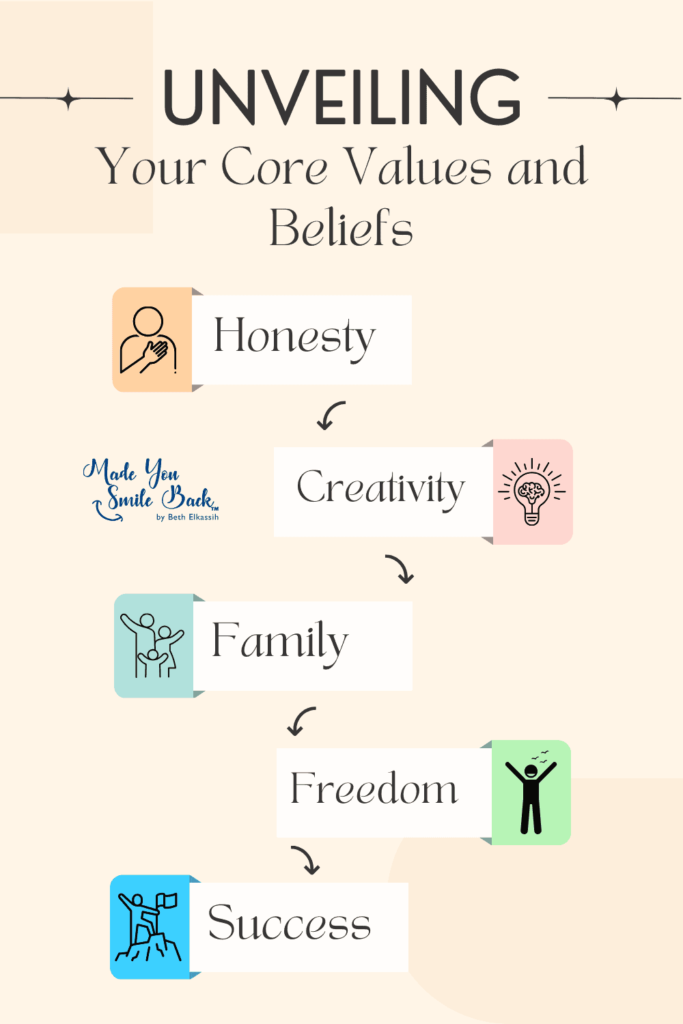
Unveiling Your Core Values and Beliefs
Your core values and beliefs shape your decisions and actions. By uncovering them, you gain Clarity on what truly matters to you and what drives you forward.
Assessing Personal Values
To discover your personal values, start by reflecting on moments when you felt most fulfilled or proud.
Think about what made those experiences meaningful to you.
Make a list of qualities you admire in others. These often reflect your own values.
Consider the following common values:
- Honesty
- Creativity
- Family
- Freedom
- Success
Rank these values in order of importance to you. This helps prioritize what truly matters in your life.
Try to narrow down your list to 5-7 core values. These will serve as guiding principles for your decisions and actions.
Understanding Beliefs and Motivation
Your beliefs are the ideas you hold to be true about yourself and the world. They greatly influence your motivation and behavior.
To uncover your beliefs, ask yourself:
- What do you believe about your abilities?
- How do you view success and failure?
- What do you think is possible for your future?
Living in alignment with your core values can boost your motivation. When your actions match your values, you feel more authentic and fulfilled.
Pay attention to activities that energize you. These often align with your values and beliefs, providing natural motivation.
Challenge limiting beliefs that hold you back. Replace them with empowering thoughts that support your personal Growth and goals.
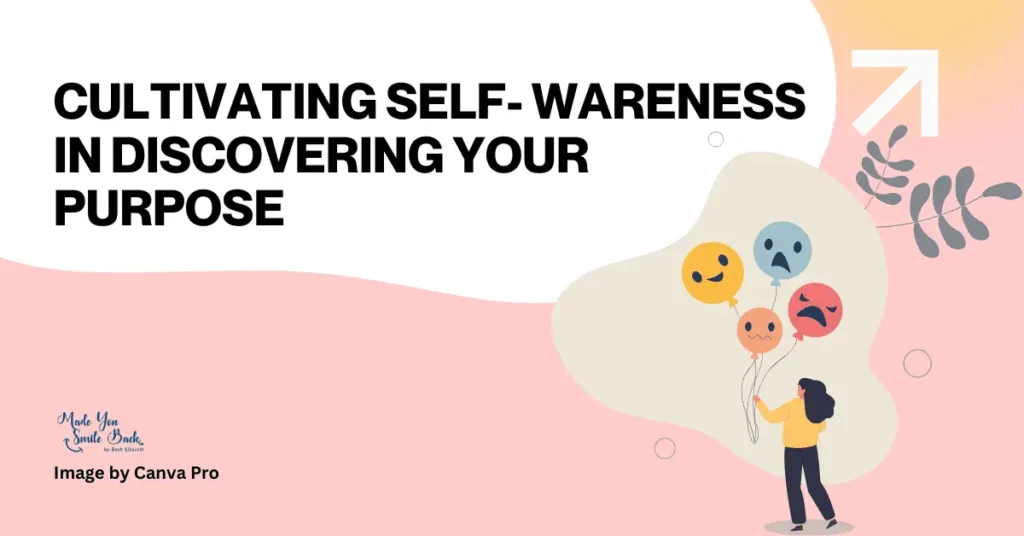
Cultivating Self-Awareness in Discovering Your Purpose
Self-awareness is key to finding your purpose. It helps you understand your thoughts, feelings, and actions.
Through self-reflection and mindfulness, you can gain clarity about who you are.
The Power of Self-Reflection
Self-reflection lets you explore your inner world. Set aside time each day to think about your experiences.
Ask yourself:
- What matters most to me?
- When do I feel most alive?
- What are my strengths and weaknesses?
Keep a journal to track your thoughts. Write about your dreams, fears, and goals. Look for patterns in your writing. These can point to your core values and passions.
Review your past choices. Think about times you felt proud or disappointed. What do these moments reveal about your authentic self?
Embracing Mindfulness and Meditation
Mindfulness and meditation help you stay present and aware.
Start with short daily sessions. Sit quietly and focus on your breath. Notice your thoughts without judging them.
Try these simple exercises:
- Body scan: Pay attention to each part of your body.
- Mindful walking: Focus on each step as you walk.
- Loving-kindness Meditation: Send good wishes to yourself and others.
These practices can calm your mind and boost self-awareness. You’ll start to notice your reactions and habits more clearly. This insight can guide you toward your true purpose.
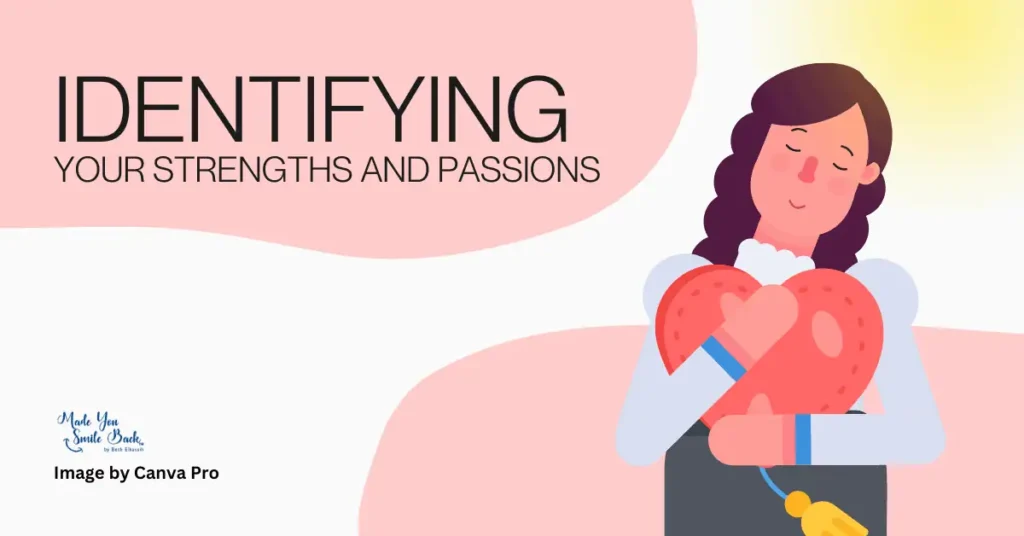
Identifying Your Strengths and Passions
Knowing yourself is key to finding your purpose. Your strengths and passions can guide you to a fulfilling path in life.
Recognizing Personal Strengths
Your strengths are natural talents that help you excel. To find them, think about tasks you do well with little effort.
Ask friends what they admire about you. Their views can reveal hidden strengths.
Take a character strengths survey to learn more about yourself. These tools show your top qualities.
Once you know your strengths, you can use them to shape your goals.
Look for patterns in your past successes. What skills helped you achieve them? These are likely your core strengths.
Write them down and think about how to apply them in new ways.
Connecting with Your Interests
Your interests are clues to your passions. Pay attention to topics that grab your focus.
What do you love to talk about? What activities make you lose track of time?
Reflect on moments when you felt most alive. These often link to your true interests.
Make a list of these experiences and look for common themes.
Try new things to uncover hidden passions. Sign up for classes or join clubs that sound fun.
You might find unexpected interests that light you up inside.
Read books, watch videos, or listen to podcasts on various subjects. Notice which ones excite you most.
These are areas worth exploring further as potential passions.
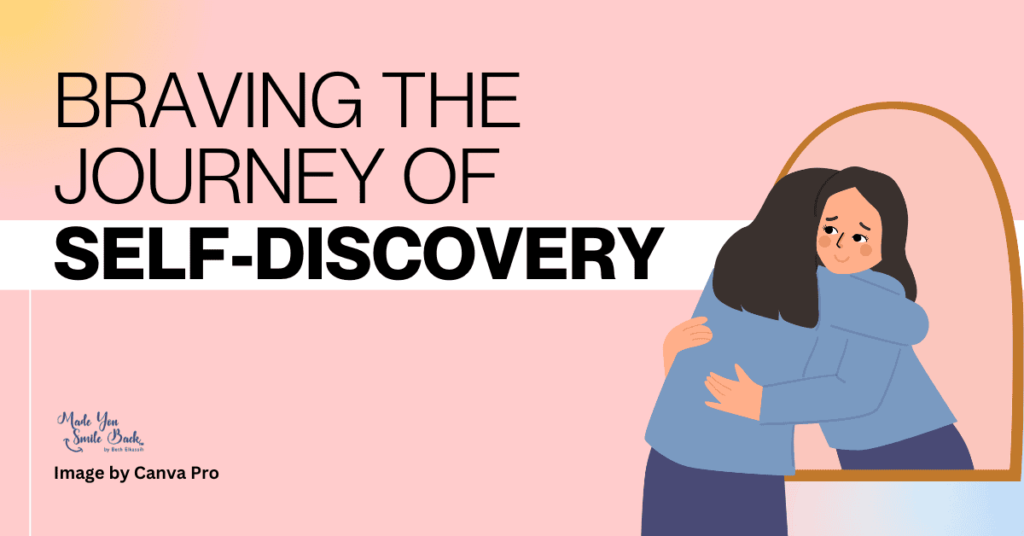
Braving the Journey of Self-Discovery
Self-discovery takes courage and a willingness to face the unknown. It’s about pushing past comfort zones and exploring new paths.
This journey can be both exciting and challenging.
Conquering Self-Doubt and Fear
Self-doubt and fear often hold you back from finding your purpose. These feelings are normal, but you can overcome them.
Start by recognizing negative thoughts when they pop up. Challenge them with positive self-talk and evidence of your past successes.
One way to do this is by setting small, achievable goals to build confidence. Each win, no matter how small, helps prove your abilities to yourself.
Remember, failure is not the end. It’s a chance to learn and grow.
Seek support from friends, family, or a mentor. Encouragement always can help you stay motivated when things get tough.
Don’t be afraid to ask for help when you need it.
Seeking New Experiences
New experiences open doors to self-discovery. They shake up your routine and show you different sides of yourself.
Try something you’ve always wanted to do but were scared to attempt.
Travel to new places, even if it’s just a nearby town. Embrace new experiences to learn about different cultures and ways of life.
This can broaden your perspective and reveal hidden interests.
Take up a new hobby or learn a skill. It could be anything from cooking to coding.
The process of learning can teach you a lot about what drives you. Pay attention to what activities make you lose track of time.
Volunteer for causes you care about. This can help you understand what issues matter most to you.
It’s also a great way to meet like-minded people and expand your network.
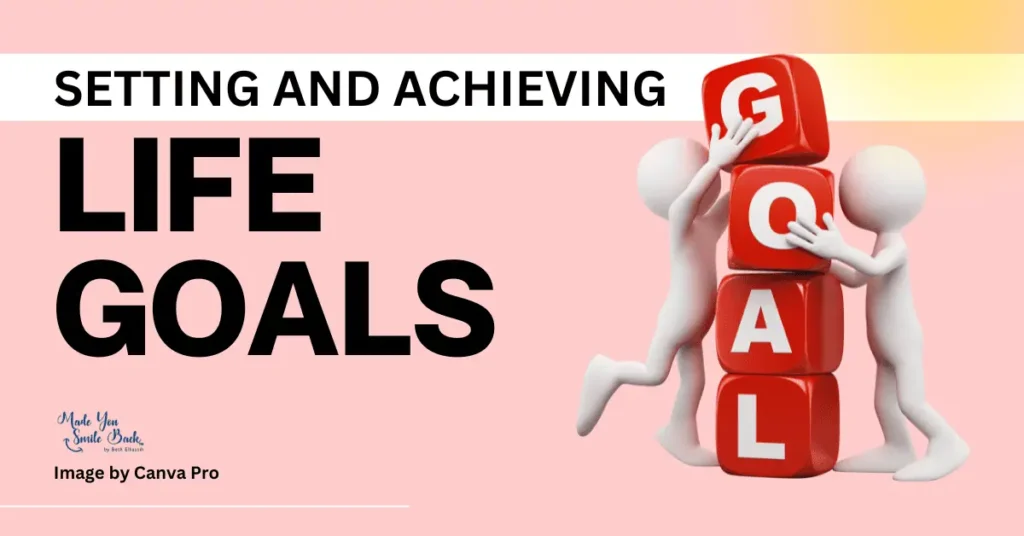
Setting and Achieving Life Goals
Setting clear goals gives your life direction and purpose. When you create meaningful goals and live with intention, you can make progress toward what truly matters to you.
Creating Meaningful Goals
To create meaningful goals, start by thinking about what you value most.
Ask yourself what you want to achieve in different areas of your life. Then, write down specific, measurable goals that align with your values and passions.
To help make goals less overwhelming, break up them into smaller steps. Set deadlines for each step to keep yourself on track.
Review your goals regularly. Are they still meaningful to you? Update them as needed. Celebrate your progress along the way.
Make sure your goals push you to grow. Challenging goals can motivate you to reach your full potential.
At the same time, be realistic about what you can achieve.
Living with Intention and Purpose
Living with intention means making choices that support your goals and values.
Start each day by reminding yourself of your goals. Ask how you can take steps toward them today.
Be mindful of how you spend your time and energy. Do your daily activities align with your larger purpose?
If not, look for ways to adjust your habits.
Practice saying no to things that don’t serve your goals. This frees up time and energy for what matters most to you.
Reflect on your progress regularly. What’s working well? Where can you improve?
Use these insights to stay on track with your purpose-driven life.

Fostering Growth and Positive Impact
Your purpose often connects to making a difference and feeling good about life. These ideas can help you grow and create positive change.
Helping Others and Community Engagement
Engaging with your community can be a powerful way to find purpose.
Look for volunteer work that matches your skills and interests. This could be tutoring kids, helping at an animal shelter, or joining a local cleanup effort.
You can also make a difference through your job or hobbies. Think about how your work helps people or improves lives.
Even small acts of kindness count. Hold the door for someone or offer a friend a ride.
Join groups focused on causes you care about. This lets you meet like-minded people and work together for change.
Cultivating Gratitude and Well-being
Practicing gratitude can boost your sense of purpose and happiness.
Try these simple ideas:
- Write down three things you’re thankful for each day
- Tell someone why you appreciate them
- Notice the good things around you, like a sunny day or tasty meal
Taking care of your health is key for well-being. Get enough Sleep, eat nutritious foods, and Exercise regularly.
These habits give you energy to pursue your goals.
Make time for activities you enjoy. This could be reading, Gardening, or playing music.
Doing things you like helps you feel more fulfilled and balanced.
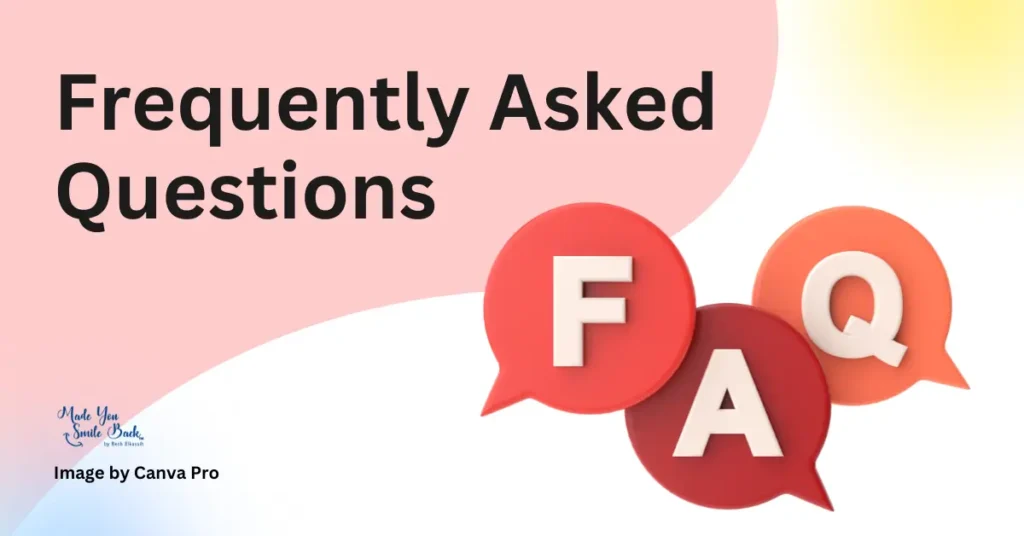
Frequently Asked Questions
Finding your life purpose can be challenging, but there are proven methods to help. Many people wonder about aligning passions, using spirituality, overcoming obstacles, and taking systematic approaches.
What are effective methods to discover one’s true purpose in life?
Asking yourself key questions can reveal your purpose.
Think about what brings you joy and what you’re good at. Consider your values and what problems you want to solve in the world.
Reflect on times when you felt most fulfilled and energized.
Try new experiences to uncover hidden talents and interests. Talk to mentors or friends who know you well for outside perspective.
How can one align their passions with their life purpose?
Make a list of your interests and skills. Look for overlap between what you enjoy and what you’re good at.
Think about how your passions could benefit others or make a positive impact. Consider ways to turn your interests into meaningful work or volunteer opportunities.
Be open to adjusting your path as you learn more about yourself and your capabilities.
In what ways can spirituality or religion contribute to understanding one’s life purpose?
Spiritual practices like meditation or prayer can provide clarity and insight.
Religious teachings often emphasize service and using your gifts to help others.
Exploring your beliefs can reveal core values that guide your purpose. Spiritual communities may offer support and opportunities to discover your calling.
What are common obstacles when trying to identify one’s life calling and how can they be overcome?
Fear of failure or judgment can hold you back. Take small steps and remember that finding your purpose is a journey.
Societal expectations may conflict with your true desires. Focus on what feels authentic to you, not others’ opinions.
Lack of self-awareness can be a barrier. Keep a journal or work with a coach to better understand yourself.
How can women uniquely approach finding their purpose in life?
Women may face unique pressures balancing career and family. Reflect on what success means to you personally.
Consider how your experiences as a woman shape your perspective and strengths. Look for ways to use these insights in your purpose.
Connect with other women for support and inspiration. Share stories and learn from diverse female role models.
Is there a systematic approach or test to help individuals find their life purpose?
Powerful questions can guide you to your purpose. Try answering prompts about your values, strengths, and ideal impact.
Some career assessments can offer insights into your interests and aptitudes. Use these as starting points for further reflection.
Create a personal mission statement to clarify your goals and values. Review and revise it regularly as you grow and change.
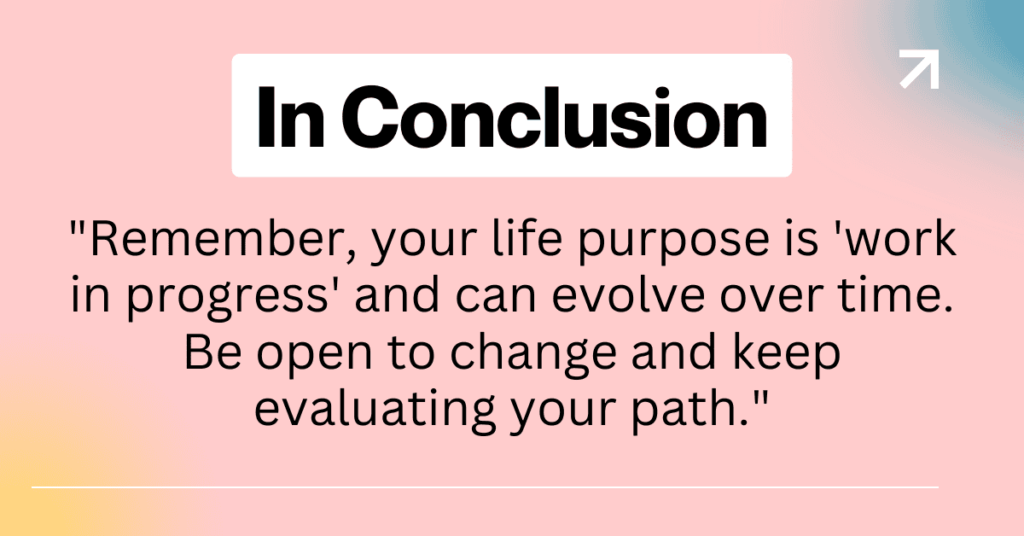
In Conclusion – Final Last Words
Finding your purpose is a journey of self-discovery. It’s about understanding what truly motivates and fulfills you. In summary:
- Start by reflecting on your passions and values. Spend quiet time thinking about what matters most to you.
- Write down your thoughts and feelings.
- Try new experiences and step out of your comfort zone. This can help you uncover hidden interests and talents.
- Pay attention to activities that make you lose track of time. These often point towards your true passions.
- Don’t be afraid of making mistakes. Each experience, good or bad, teaches you something about yourself.
Remember, your life purpose is ‘work in progress’ and can evolve over time. Be open to change and keep evaluating your path.
Look for ways to use your skills to help others. This often leads to a sense of purpose and fulfillment.
Trust the process. Be patient and stay committed to self-discovery and growth.
The post Finding Your Purpose: How to Discover What Truly Drives You and Unlock Your Potential appeared first on Made You Smile Back.
























